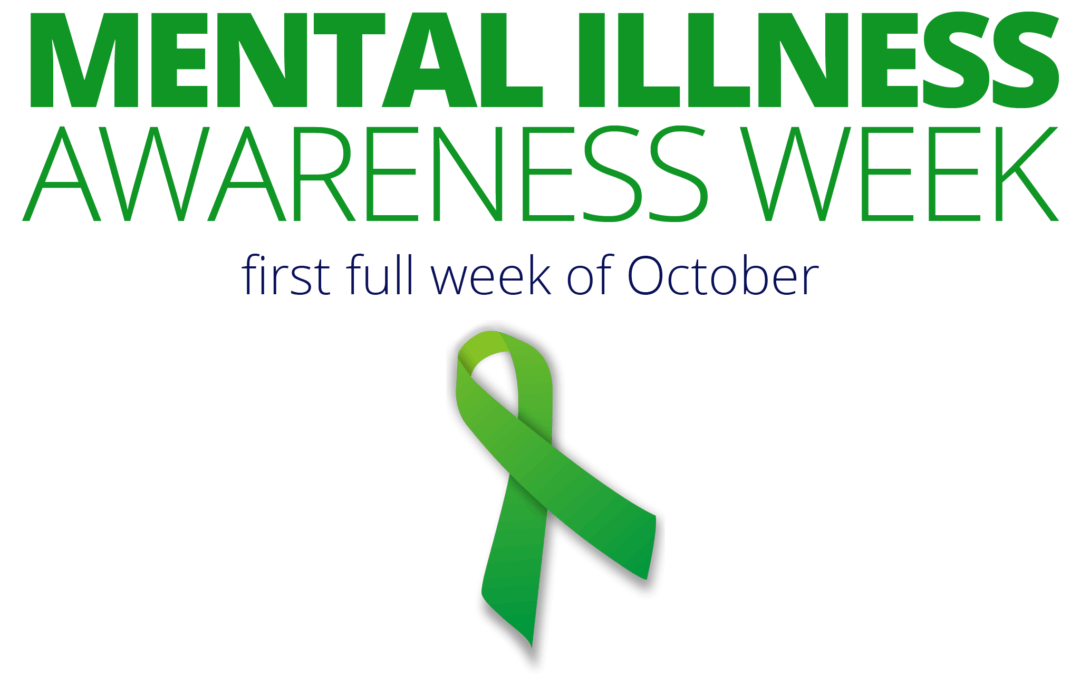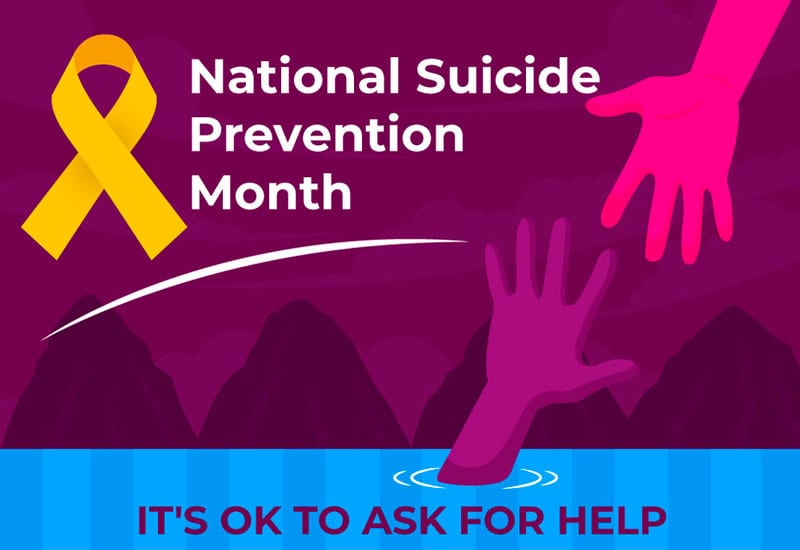Thanksgiving 2020: 5 Tips on how to protect mental health during this holiday season
Thanksgiving is traditionally a holiday for family togetherness, give your family a peace of mind by taking care of yourself this holiday season with these 5 tips from Medical News Today on how to protect your mental health.
If you are having trouble managing your mental health this holiday season and need support, Smokey Point Behavioral Hospital is here to help and available 24/7. Find out more about our treatment options here. Call us today at 360-651-6400.
Source: https://www.medicalnewstoday.com/articles/thanksgiving-2020-how-to-protect-mental-health








